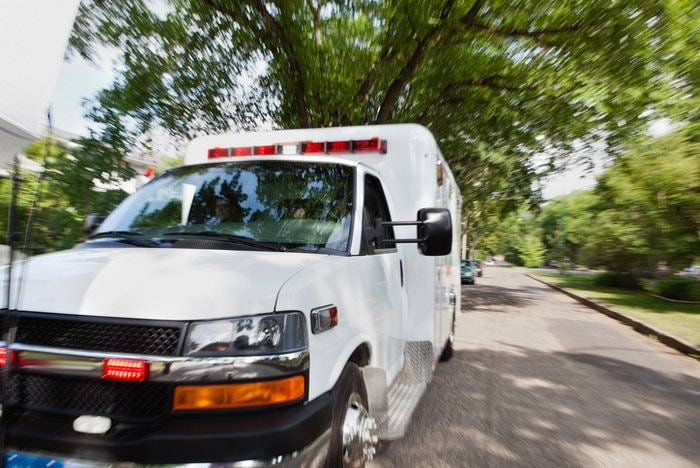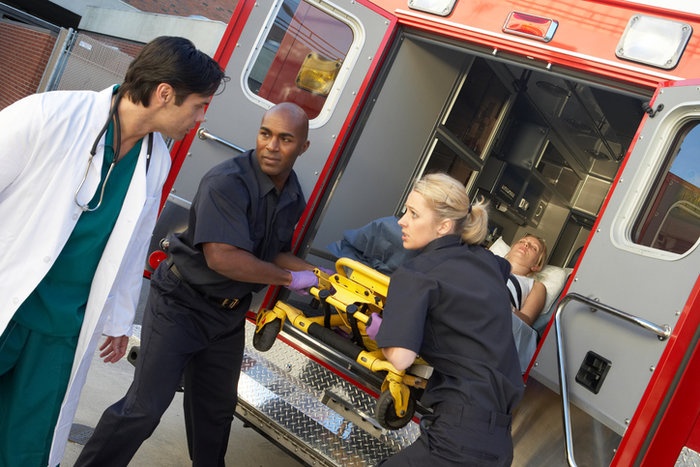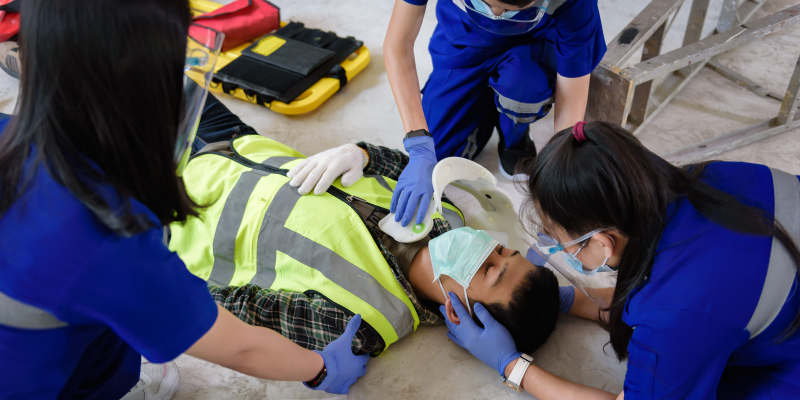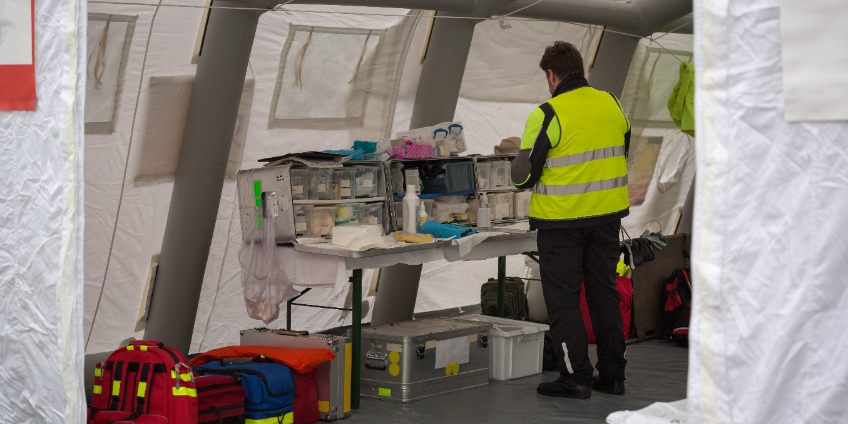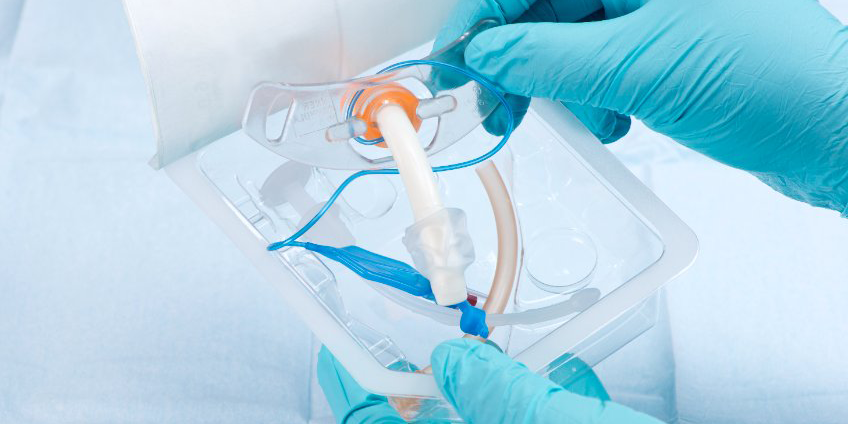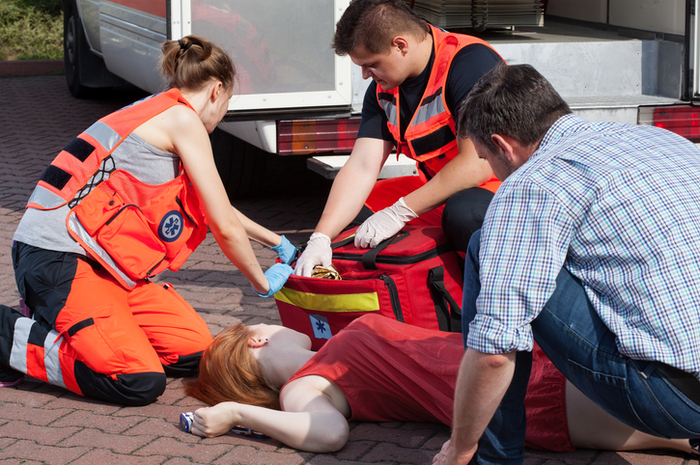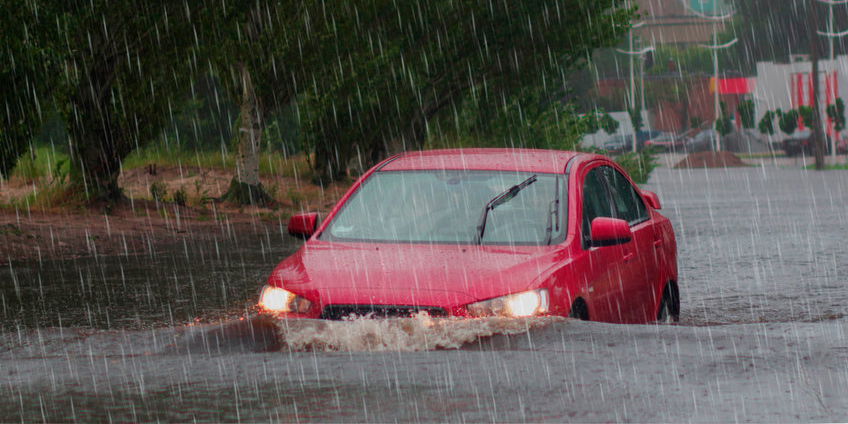Depending on the emergency and treatment circumstance, it can often be helpful to have patients’ family members present to answer questions about a patient’s background or medical history, but it can also be overwhelming and add even more stress for the providers and patients involved.



